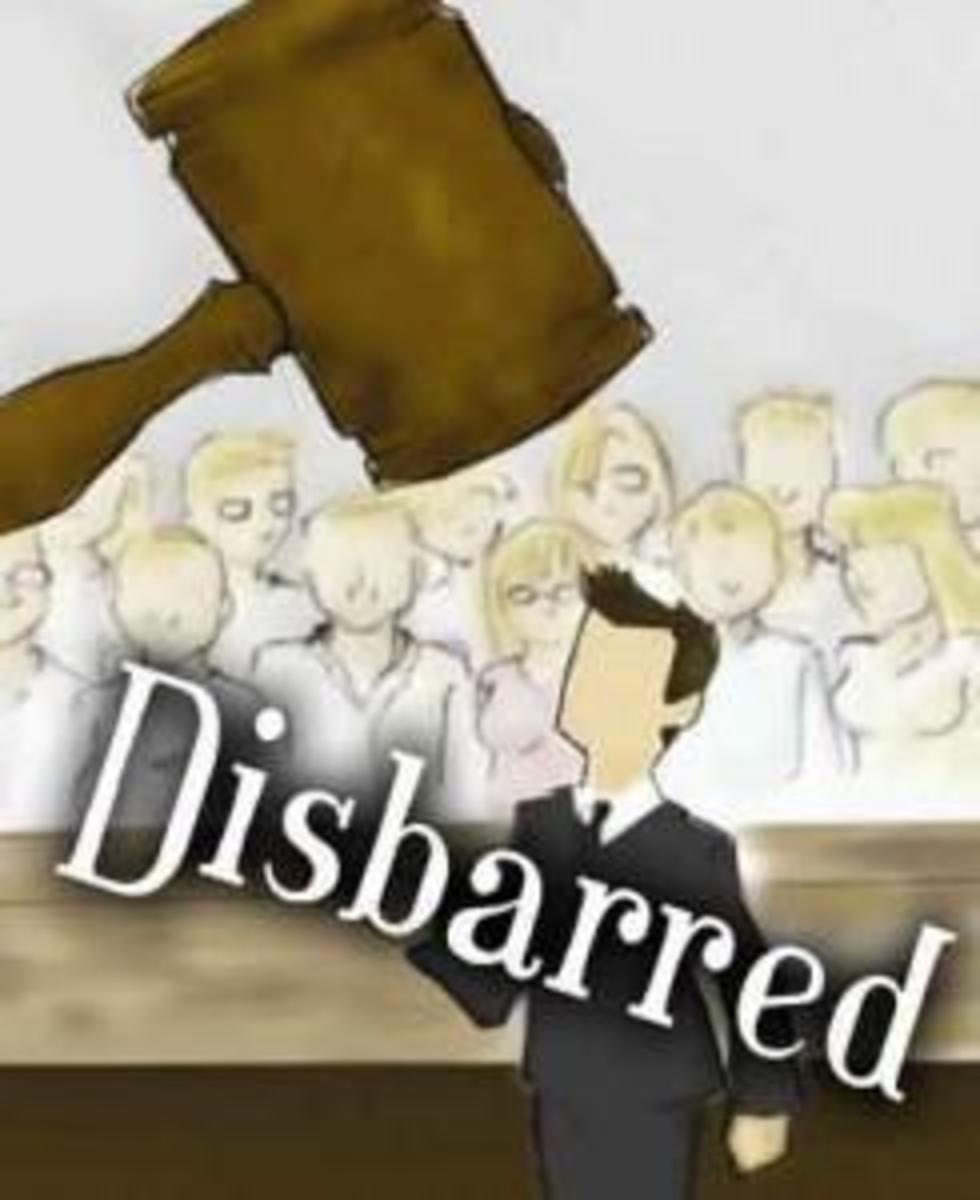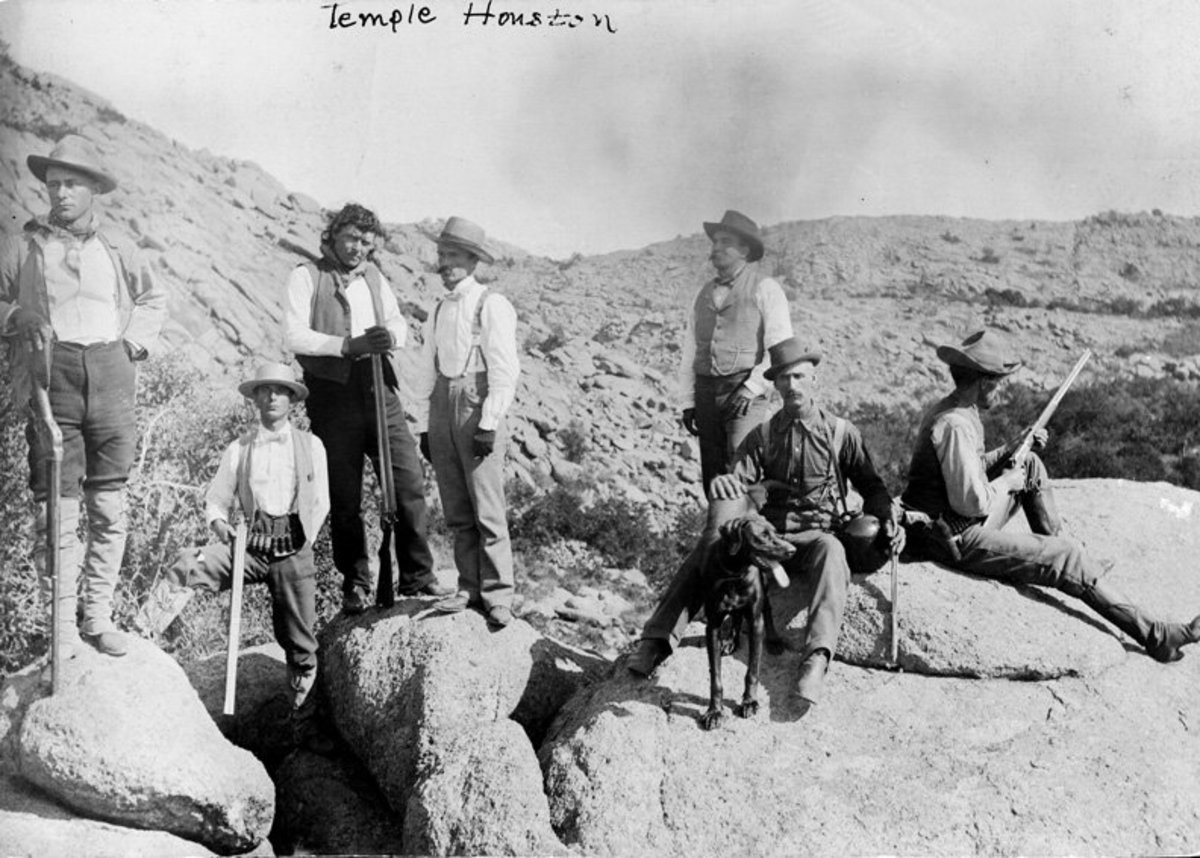International Law - Immunity From National Jurisdiction
State Immunity
'State Immunity' is a concept which refers to the rules determining when a foreign state may claim freedom from another state's jurisdiction.The Lotus principle that no state may exercise jurisdiction over another without its consent is a major factor. For example, the court of one state may not claim jurisdiction over a foreign state. There are two levels on which this arises:
- the immunity in contract and/or tort; and
- the immunity from enforcement measures.
Absolute v. Qualified (Restritive) Immunity
Absolute Immunity is when a state is immune for all purposes and proceedings without exception. Whereas for Qualified (Restrictive) Immunity the State is only immune in respect of its sovereign acts, also known as juri imperii, and not immune in acts related to commercial or private law, known as jure gestionis.
The absolute immunity rule is almost gone now, only a few States still use it. It created confusing cases in scenarios of nationalised industries, such as those of the socialist market economies.There is a trend now to replace absolute immunity with qualified or restrictive immunity.This means that foreign States can only be immune in respect of their governmental acts (acts juri imperii) but not in respect of their commercial acts (acts jure gestionis).
UN Convention on Jurisdictional Immunities of States (2004)
There are two important articles of the UNCJIS; articles 5 and 10.
"Article 5: a state enjoys immunity in respect of itself and its property from the jurisdiction of the courts of another state subject to the provisions in the Convention.
Article 10: if a State engages in commercial transaction with a foreign natural or juridical person…the State cannot invoke immunity from that jurisdiction (unless it is a commercial transaction between states or the parties agreed otherwise)
Types of Immunity
There are two main types of immunity, ratione personae and ratione materiae.
Ratione personae (AKA personal immunity)
This is designed to help international relations run smoothly. It only exists while the person holds their office, and is only afforded to certain high-level officials. It covers all conduct, including violations of jus cogens.
Ratione materiae (AKA functional immunity)
This reflects Sovereign equality, it continues to exist even after leaving political office. It it a blanket application to all state officials, but only for official acts.
Who Can Claim Immunity?
The State Immunity Act 1978 regulates who can claim immunity. The case of Trendtex Trading Corp v Central Bank of Nigeria is central to this issue.
Pinochet Case
- 11th September 1973: Pinochet takes power
- 10th December 1984: CAT adopted by the General Assembly
- 26th June 1987: CAT entered into force
- 29th September 1988: The Criminal Justice Act, UK came into force (the act incorporated the provisions of the CAT by section 134);
- 30th October 1988: Chile ratified the CAT
- 8th December 1988: the UK ratified the CAT
- 11th March 1990: Pinochet resigns as head of state
- 16th October 1998: First arrest warrant issued by Spain; a magistrate in London issued a provisional warrant under the Extradition Act
- 17th October 1998: Pinochet arrested in a London Hospital
- 18th October 1998: Spanish authorities issued a second international warrant
- 28th October 1998: Divisional Court held that the first arrest warrant was invalid
- 25th November 1998: House of Lords the first time
- 17th December 1998: House of Lords decision set aside
- 24th March 1999: Final decision of the House of Lords
In the first Pinochet trial Lord Bingham, ruled that he was "entitled to immunity as a former sovereign from the criminal and civil process of the English courts."
However, the second trial in November 1998, the law lords rule that state immunity applied only to acts which international law recognised as being among the functions of a head of state. Obviously torture and genocide are not functions of a Head of State.
However! One of the judges, Lord Hoffman had a wife who was part of the Amnesty International organistaion which was trying to prosecute Pinochet. Thus there was a conflcit of interest and a third trial was held. The law lords decided that he could only be extradited in respect of torture charges relating to the period after 8th December 1988.
Legislation
State Immunity Act 1978 (British Parliament)
This act provides that foreign states do not enjoy immunity with respect to their foreign commercial transactions with the UK. Section 3(3) offers definitions of commercial transactions.
Cases
The Schooner Exchange v. McFaddon (1812) (US Supreme Court)
"The jurisdiction of a nation within its own territory is exclusive and absolute... all exceptions to this must be traced up to the consent of the nation itself, they can flow from no other legitimate source."
There are three events in which the sovereign waives part of their territorial jurisdiction.
- The person of the Sovereign is immune from arrest or detention.
- Foreign Ministers are immune.
- When a Sovereign has ceded a portion of their territorial jurisdtion to allow the troops of a foreign State through.
Holland v Lampen Wolfe (British Professor Teaching US Army case)
UK Professor teaching at US base in UK. Defendant made remarks about Holland's teaching, Holland sued for libel, US raised defence of State immunity. House of Lords held that the matter fell outside the UK State Immunity Act 1978 because it was related to a function of the armed forces.
Trendtex Trading Corp v Central Bank of Nigeria (1977)
English courts followed the absolute immunity approach until this case, when the Court of Appeal accepted the validity of the restrictive approach.
Bank of Nigeria was modeled on the Bank of England, it issues a letter of credit in favour of the plaintiff to pay for cement that was to build an army barracks in Nigeria. The Central Bank then refused to pay for the cement or delayed charges for delivery at the port and claimed State Immunity. Lord Denning questioned whether the Bank of Nigeria was even an organ of the state at all!
The Court observed that a certificate from a state that an individual or organisation is ‘the state’ is a strong factor in determining whether it has access to State Immunity.
Kuwait Airways Corporation v. Iraqi Airways Co. (1995)
Case where Iraq stole Kuwaiti aircraft after the invasion in 1990. Iraq claimed State Immunity. It was held that the defendants were not immune as they were not acting as sovereign, but as 'owner.'
Jones v. Ministry of Interior (Kingdom of Saudi Arabia) (2006)
There were two claims in this case who both claimed there was severe and systematic torture. Saudi Arabia claimed state immunity against the military and military officer. The court refused to serve the claim against the 4 defendants on the basis of state immunity under SIA 1978.
R v Bow Street Metropolitian Magistrate, ex parte Piochet Urgarte (Amnesty International and others intervening) (No.3) (1999)
See the description earlier on the article.
Arrest Warrant case (DRC v. Belgium)
Belgian judge filed an international arrest warrant against the Congo's Minister of Foreign Affairs, who was then charged with grave breaches of the Geneva Conventions. Belgium relied on its law of 16th June 1993 "concerning the Punishment of Grave Breaches of the International Geneva Convention…and Punishment of Serious Violation of International Humanitarian Law."
The Congo complained to the Court that the arrest warrant should be annulled on two grounds:
1.Belgium had violated it sovereignty by exercising its authority in another state (as prohibited in article 2(1) of the Charter) [claim dropped by DRC]
2.Belgium had violated the Vienna Convention on Diplomatic Relations
The Court decided that high-level officials enjoyed immunity in other states, both civil and criminal. VCLT was a useful document, but it did not deal specifically with Ministers of Foreign Affairs and the Court was forced to look to customary international law. Immunities are granted to ensure effective performance of the individual as an agent of their State.
The court found there was no distinction between acts performed in an official capacity and those in a private capacity; they similarly found that there was no distinction between acts performed before they assumed office and acts committed during the period of office. It would prevent them from performing their job if they were arrested by another state.
HOWEVER: Immunity is not equal to Impunity! There are 4 circumstances in which a person can be tried:
- In their own state,
- where immunity is waived,
- when the persons no longer hold office, or
- when they are brought before international courts.
United States v. Tehran (1980)
Iranian students seized US embassy in Tehran and a number of consulates in outer cities. US declared that Iran had violated the two Vienna Conventions and called for the release of hostages. The court considered whether the initial attack by the students could be attributed to the Iranian Government, the conduct of Iran at that time and subsequently, and whether Iran was therefore in violation of its international obligations. It was held that Iran was aware and did not do enough to prevent the attack or protect the consulates.
I Congresso del Partido (House of Lords, 1981)
Two ships carrying sugar to Chile; after a coup in Chile, one of the ships owned by Cuba was ordered to return to Cuba with most of her sugar unloaded, and the second ship chartered to cubs was ordered to Vietnam where the sugar was sold. The owners of the sugar brought an action in rem against the ships and Cuba claimed State Immunity. The House of Lords rejected the plea of immunity in respect of both ships because at all times the actions of the Cuba were as owners and not by virtue of sovereign authority, and because the sale of the sugar to Vietnam was made under Cuban law, being related to the law of torts, and not by virtue of Cuba's sovereignty.
In Re B (A Child) (UK Family Court, 2002)
A local authority applied for a care order in respect of a child of 13 who was thought to have been beaten.The father was a foreign national employed by his embassy as a driver. The court noted that a distinction is drawn in the VCDR between diplomats and administrative and technical staff.The latter’s privileges are limited: e.g., the inviolability of his person and private residence and immunity from giving evidence and from criminal proceedings. Not immune for civil proceedings for acts outside the course of his duties.








